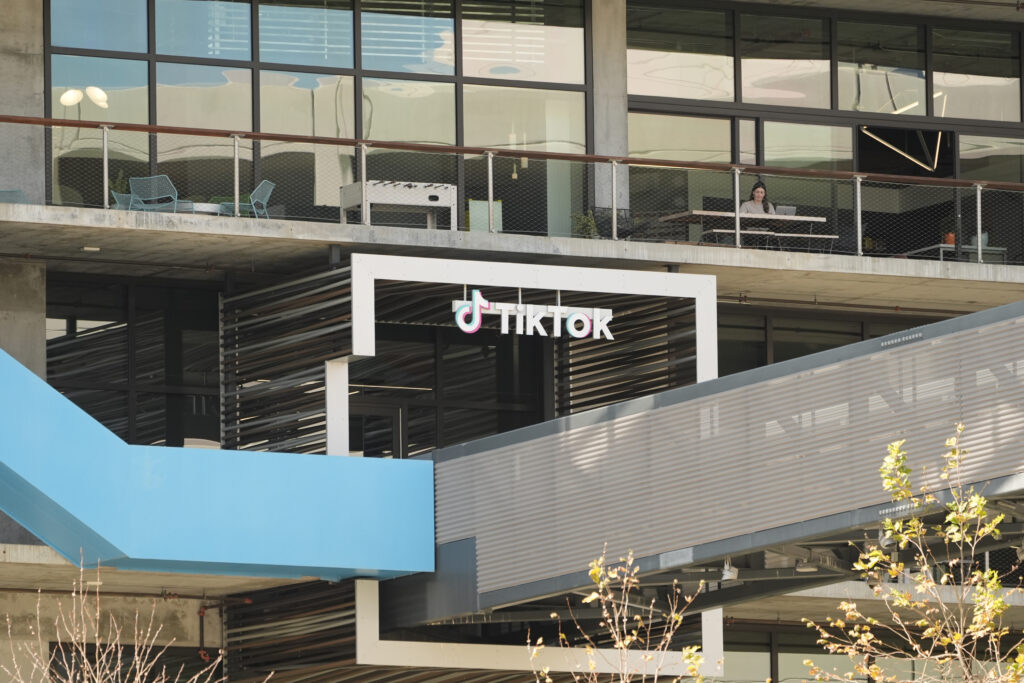The world’s most sweeping tech regulation is now in place with the enactment of the European Commission’s Digital Market Act. U.S.-based tech giants are still trying to understand how to comply with the new rules, which took effect March 6, and European consumers are already feeling the effects.
The European Commission describes the DMA’s aim as making “digital markets in the EU more contestable and fairer.” According to the commission, “It establishes new rules for 10 defined core platform services, such as search engines, online marketplaces, app stores, online advertising, and messaging, and gives new rights to European businesses and end-users.” Companies that provide those services and have 75 billion euros in market capitalization and have more than 45 million active monthly users are designated as “gatekeepers,” namely, Alphabet, Amazon, Apple, ByteDance, Meta, and Microsoft. Notably, no European-based companies are included on the list that covers five U.S. companies and China-based ByteDance, owner of TikTok.

The DMA contains many of the same restrictions and requirements recommended in the House subcommittee on antitrust’s 2021 majority report and subsequent introduced legislation. All but one of those in the suite of bills, a relatively minor measure, failed to become law. After Democrats lost majority control of the House in 2022, the fight to regulate Big Tech in the United States largely moved to the Federal Trade Commission in the form of pending lawsuits and new rulemaking efforts.
“The big difference is that the DMA replaces antitrust enforcement with upfront regulation. It sets up the European Commission as a full-time, old-school regulator,” the executive editor of Platform Economy Insights, Brian Bieron, told the Washington Examiner.
The DMA makes Europe the most aggressive regulator of digital markets, along with its companion effort, the Digital Services Act. The DSA covers marketplaces, social networks, content-sharing platforms, app stores, and online travel and accommodation platforms aiming to, as the commission describes it, prevent “illegal and harmful activities online and the spread of disinformation.”
The DMA sets new rules for gatekeepers’ data handling, advertising, interoperability, in-app purchases, default settings, and pre-installed features and places prohibitions on so-called self-preferencing. Violating these laws may result in fines of up to 10% of the company’s total worldwide turnover, which can increase to 20% in case of repeated violations. Critics of the legal regime argue that these massive potential costs act as a competitive disadvantage for the U.S. companies covered and unfairly prop up European competitors not subject to the DMA.

Consumers in Europe are already seeing differences in their user experiences.
Apple will now have to allow so-called sideloading of apps from third-party app stores on its devices, something it doesn’t permit stateside. DMA supporters claim this allows smaller competitors more access to users and more choice for consumers. “Apple claims that this increases privacy and security risks and will not allow it elsewhere,” Bieron notes. Data and security problems resulting from a more open system may take some time to appear to European consumers.
The DMA also mandates that consumers can opt out of data sharing between services within a company. For example, users can prevent their information from being used across Google Maps and search. Bieron notes, “Google believes that data sharing improves the customer experience and will continue it elsewhere,” like in the U.S.
Google is also prevented from so-called self-preferencing. In practice, this is stopping Google from showing the “Maps” tab in its search results, a result many consumers often find useful for locating local businesses. Now results on the continent instead prominently feature links from companies who lobbied for the DMA, like Yelp and TripAdvisor.
CLICK HERE TO READ MORE FROM THE WASHINGTON EXAMINER
Amazon will be showing a second Buy Box option with alternative shipping options. Meta will show users pop-ups verifying their permission to let Instagram, Facebook, Facebook Messenger, and Facebook Marketplace interoperate with each other. Other mandated changes are more behind the scenes and may be less noticeable by consumers.
Because enforcement of the DMA is so sweeping, complex, and new, the covered companies aren’t exactly sure what actions are needed for compliance. But in the face of large fines, they’re trying to avoid running afoul of the law as quickly and completely as possible. Smaller tech firms, like Epic Games, are already complaining that the covered companies aren’t going far enough. European Union regulators will constantly be reviewing compliance based on a company’s policies and new products and services. Bieron said about the oversight, “There is no end game. It is a living, breathing, permanent regulatory regime.”

